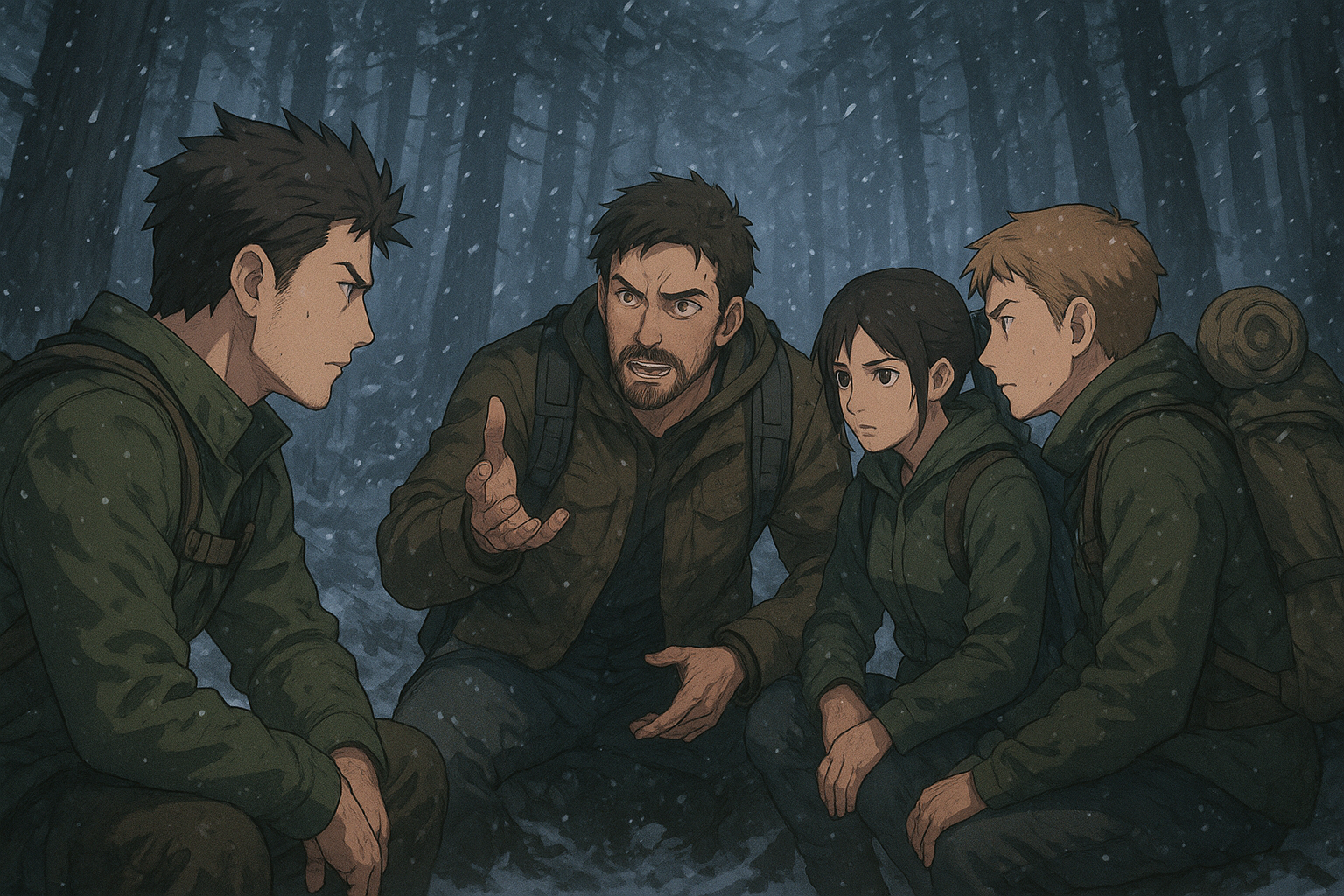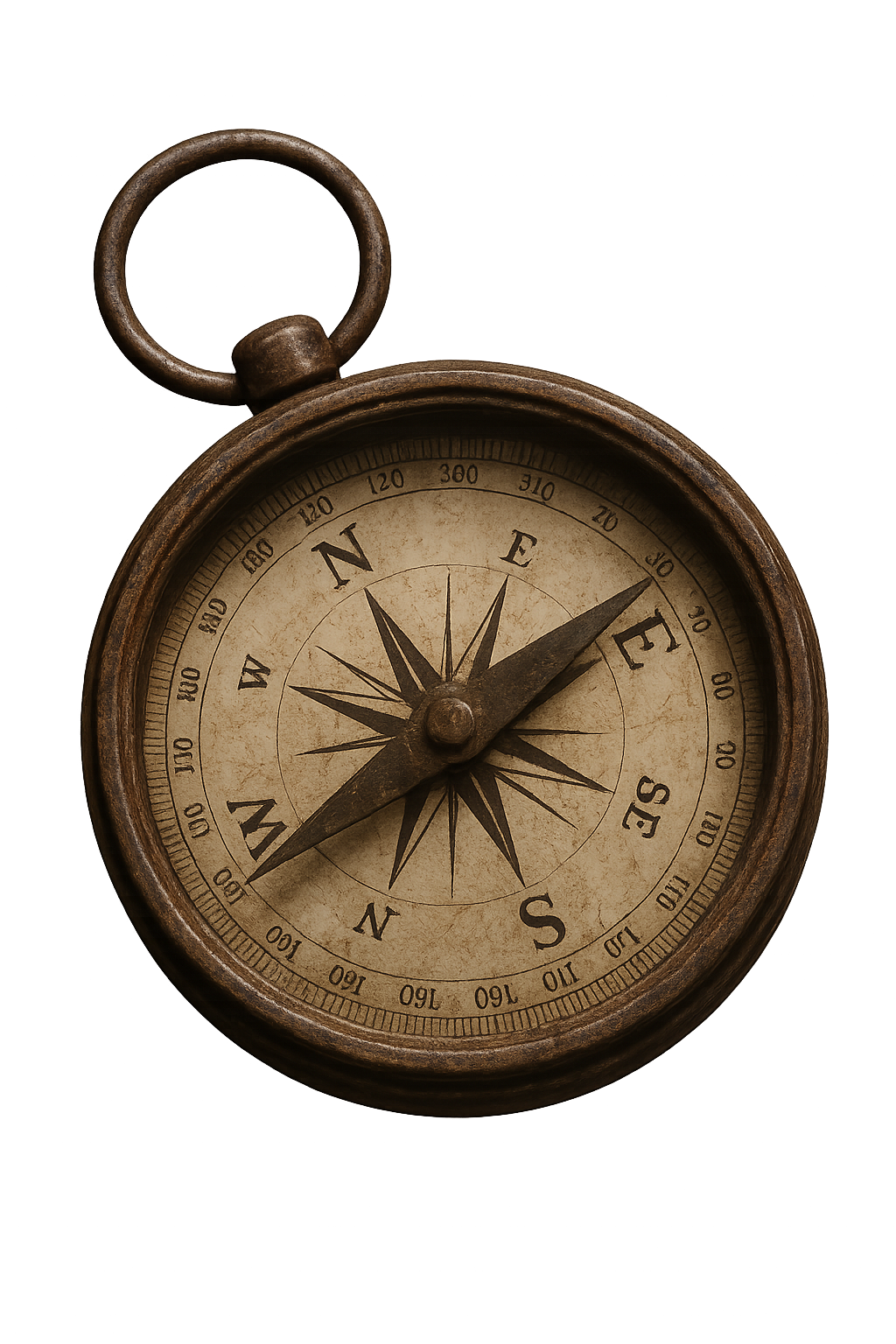When people imagine survival, they often picture a lone wanderer braving the wilderness. While individual skills are vital, history and real-world survival stories prove one truth: humans survive better together. Teamwork and effective communication can transform a desperate situation into a manageable one.
Why Teamwork Matters in Survival
A group can achieve more than any individual. One person may excel at building shelters, another at finding food, and another at navigation. By pooling skills and resources, the group saves time and energy, which are the most valuable assets in survival. Moreover, teamwork provides something often overlooked — morale. Companionship and shared responsibility reduce fear and stress, giving everyone a stronger will to push forward.
Building Clear Communication
In stressful situations, miscommunication can be dangerous. That’s why survivors must establish simple, clear signals and routines. For example:
-
Hand signals for silence in dangerous areas.
-
Predefined roles (leader, navigator, fire keeper, lookout).
-
Agreed meeting points if someone gets lost.
Clarity prevents panic and ensures the group acts as one unit.
Conflict Management
Disagreements are inevitable, especially when people are tired, hungry, or scared. Unresolved conflict can destroy a survival group faster than hunger. Good leaders listen, mediate disputes, and redirect energy toward practical solutions. Remember: survival is not about being right, but about staying alive.
Balancing Leadership and Cooperation
Leadership is crucial, but dictatorship rarely works in survival. The best leaders listen, adapt, and know when to delegate. Likewise, good followers respect roles but stay proactive, offering ideas and effort. The balance between leadership and cooperation ensures the group remains united and efficient.
Practicing Team Survival Beforehand
Survival teamwork is not only for emergencies. Camping trips, hiking in groups, or participating in survival training courses give you the chance to practice communication, conflict resolution, and shared problem-solving. These experiences create trust — and trust is the foundation of effective teamwork.

